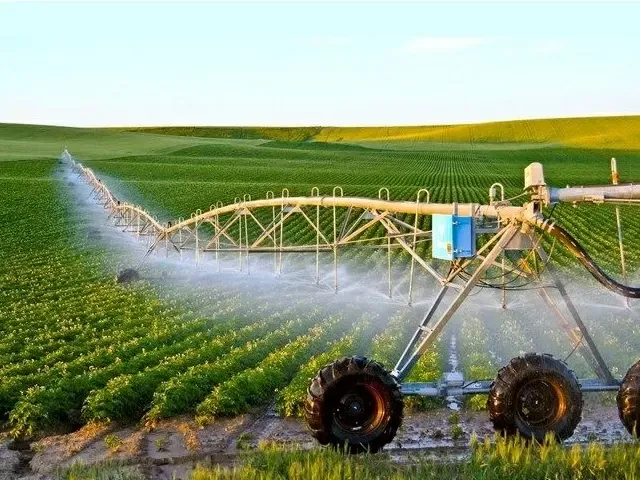So in recent years, the agricultural industry has witnessed a profound transformation driven by technological advancements, shifting consumer preferences, and sustainability concerns. In this blog post, we will delve into the latest trends in agriculture, exploring the innovative practices and technologies that are revolutionizing the way we grow, harvest, and distribute food.
Precision Agriculture:
Precision agriculture, also known as smart farming, involves the use of advanced technologies such as GPS, drones, sensors, and data analytics to optimize various aspects of crop production. By precisely monitoring soil conditions, weather patterns, and crop health, farmers can make data-driven decisions to maximize yields while minimizing inputs such as water, fertilizers, and pesticides. This trend is transforming traditional farming practices, leading to increased efficiency, productivity, and sustainability.
Vertical Farming:
Vertical farming is a cutting-edge agricultural technique that involves growing crops in vertically stacked layers, often in controlled indoor environments such as warehouses or urban buildings. This innovative approach utilizes hydroponic or aeroponic systems, LED lighting, and climate control technologies to provide optimal growing conditions for plants. Vertical farming offers several advantages, including year-round production, reduced water usage, minimal land requirements, and the ability to grow fresh produce closer to urban centers, thereby reducing transportation costs and carbon emissions.
Regenerative Agriculture:
Regenerative agriculture focuses on restoring and enhancing the health of ecosystems by adopting practices that promote soil health, biodiversity, and carbon sequestration. Unlike conventional farming methods that degrade soil quality over time, regenerative agriculture aims to improve soil fertility, water retention, and resilience to extreme weather events. Key practices include cover cropping, crop rotation, no-till farming, and agroforestry. By harnessing the power of nature, regenerative agriculture not only benefits the environment but also enhances farm profitability and resilience to climate change.
AgTech and Farm Automation:
The integration of technology into agriculture, often referred to as AgTech, is revolutionizing farm operations and management. From autonomous tractors and robotic harvesters to AI-powered crop monitoring systems and blockchain-based supply chain solutions, AgTech innovations are streamlining various aspects of agricultural production, distribution, and marketing. These technologies enable farmers to optimize resource allocation, reduce labor costs, improve decision-making, and ensure traceability and transparency throughout the food supply chain.
Plant-Based Alternatives and Alternative Proteins:
As consumer preferences shift towards healthier, more sustainable food options, there has been a growing demand for plant-based alternatives to traditional animal products. This trend is driving innovation in the agricultural sector, leading to the development of plant-based meats, dairy alternatives, and alternative protein sources such as insects and cultured meat. By reducing reliance on animal agriculture, plant-based alternatives offer numerous environmental and health benefits, including lower greenhouse gas emissions, reduced land and water usage, and improved animal welfare.
Climate-Smart Agriculture:
Climate-smart agriculture encompasses a range of practices and technologies aimed at increasing agricultural productivity while adapting to and mitigating the impacts of climate change. So these include the development of drought-resistant crop varieties, water-efficient irrigation systems, carbon farming techniques, and climate-resilient farming practices. By promoting climate-smart agriculture, farmers can enhance their resilience to extreme weather events, minimize greenhouse gas emissions, and contribute to global efforts to combat climate change.
Conclusion:
The agricultural industry is undergoing a profound transformation driven by technological innovation, sustainability concerns, and changing consumer preferences. From precision agriculture and vertical farming to regenerative agriculture and plant-based alternatives, the latest trends in agriculture are reshaping the way we produce, distribute, and consume food. By embracing these innovations, farmers can enhance productivity, sustainability, and resilience while meeting the growing demand for safe, nutritious, and environmentally friendly food. As we look to the future, continued investment in research, technology, and sustainable practices will be essential to ensure a thriving and resilient agricultural sector.





